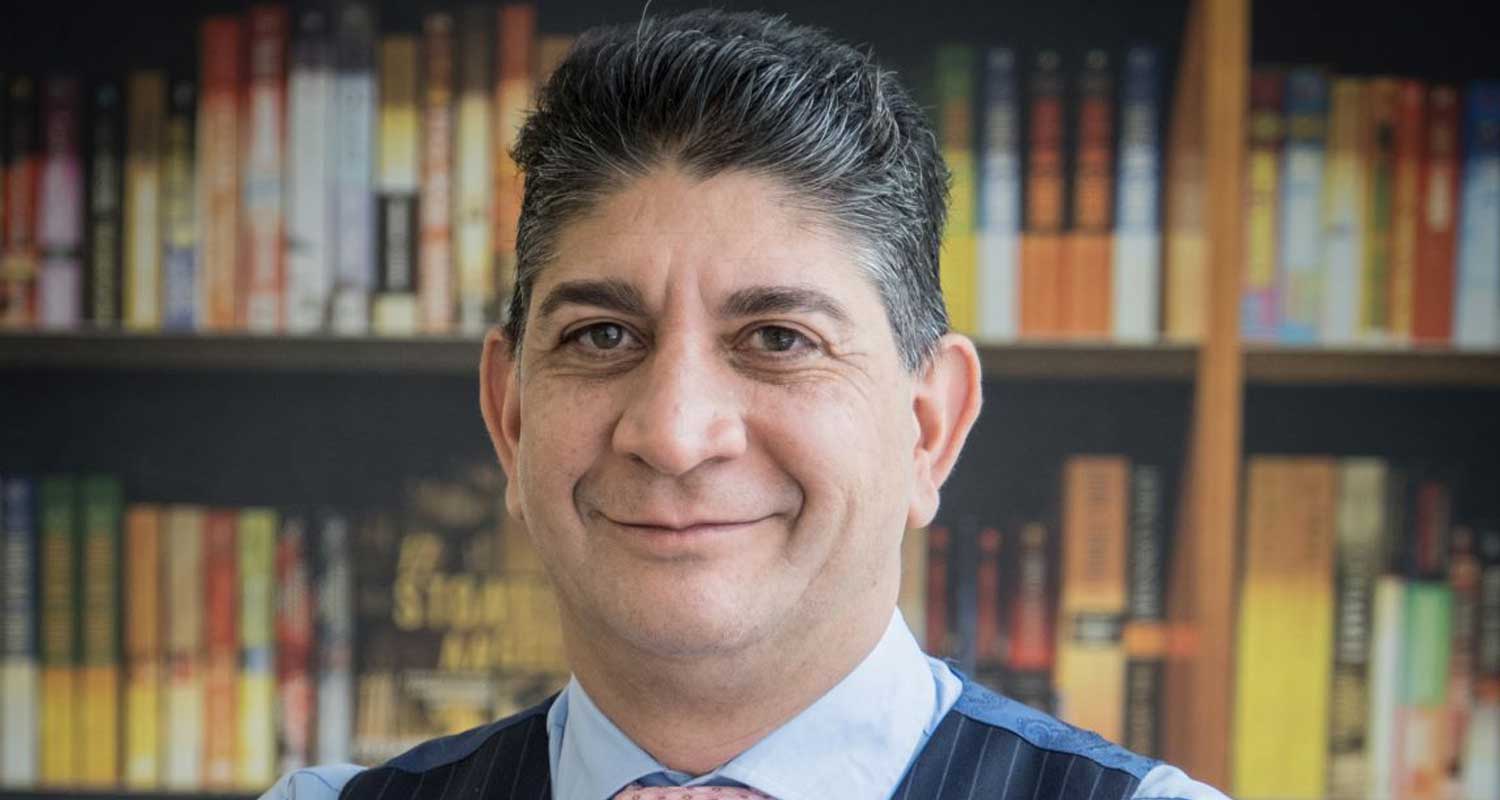 The “please call me” drama is finally nearing its conclusion, 16 years after Nkosana Makate first began court proceedings against Vodacom Group, his former employer.
The “please call me” drama is finally nearing its conclusion, 16 years after Nkosana Makate first began court proceedings against Vodacom Group, his former employer.
The constitutional court on Thursday began hearing arguments in the high stakes battle between Vodacom and Makate, the man who the same court previously found had invented the “please call me” SMS callback request service while working at the mobile operator.
“Please call me” (PCM) is a popular cellular service in South Africa that allows users with limited or no airtime to ask someone else with airtime to call them.
Vodacom legal representative Wim Trengrove on Thursday told South Africa’s highest court that Makate’s assertion that his development of the PCM idea entitles him to compensation proportionate to all the revenue Vodacom derived from the product over its lifetime is not correct.
In an opening address to the panel of nine constitutional court judges, Trengrove said MTN beat Vodacom to the punch by releasing a PCM-type service first, diluting the value of Makate’s idea. Former MTN contractor Ari Kahn has repeatedly said he invented PCM while working for Vodacom’s biggest competitor. His invention was called Callme.
“Mr Makate developed the idea of a ‘please call me’ service and nothing I say should detract from the value and significance of the idea. Vodacom then took the idea and developed a product,” said Trengrove. “It is worthy of generous compensation because it was a good idea, but its novelty was diluted when PCM was released by MTN.”
Rejected
In a previous judgment, the constitutional court had ordered Vodacom Group CEO Shameel Joosub to determine fair compensation for Makate.
According to Trengrove, this determination – an amount of R47-million, which was firmly rejected by Makate – should be considered by the constitutional court, given that even if Makate had not shared the PCM idea with Vodacom, the company would have emulated what MTN was doing and launched a product anyway.
Trengrove said, too, that Makate’s PCM idea was fundamentally different to the PCM product that Vodacom eventually built. He argued that these two factors mad it unreasonable to assign all the credit for the revenues derived from PCM to Makate’s idea.
Read: ‘Please call me’ battle: YeboYethu warns of dire consequences for BEE
With the matter of whether or not Makate came up with the PCM idea long settled by the courts, the chief debate in the constitutional court hearing is on the appropriate model that ought to be used to compensate him for his idea. Vodacom is challenging a February 2024 supreme court of appeal judgment that ordered it to compensate Makate at a rate between 5% and 10% of the revenues generated by PCM over 18 years.

Trengrove said the exercise to determine the impact that the PCM idea had on Vodacom’s revenue was complex. Part of the debate centred on how to determine that a call was genuinely triggered by a PCM request since some calls backs are made within an hour, and others within a day or even a week.
He cited the example of a parent who needs to fetch a child from school after a sports event but does not know when the activity will end. The child sending a PCM to the parent may be redundant since the parent will call the child anyway to find out when they will be done.
“What we don’t know is whether that call would have been made anyway, even if the PCM message had not been sent. So, you cannot say the call triggered by the PCM was an additional call,” said Trengrove.
Trengrove said in the five-year period following the introduction of PCM, Vodacom’s total voice revenue increased because of a concurrent increase in its subscriber base. During the same period, he argued, revenue per subscriber did not increase as it should have if PCM had been the trigger of additional voice revenue.
Vodacom Group CEO Shameel Joosub raised this concern with Makate’s team and, according to Trengrove, Makate had no solutions except to say that Joosub should “do his best” to make a fair determination, leading to Joosub making an assumption that 30% of those voice revenues were the result of PCM.
Vodacom asked the constitutional court to overturn the supreme court judgment so it can get the “fair hearing we never had”. Alternatively, it wants the case referred back to the supreme court for review.
The matter continues on Thursday, with Makate’s legal team scheduled to give its heads of argument. — (c) 2024 NewsCentral Media
Get breaking news from TechCentral on WhatsApp. Sign up here
Don’t miss:




